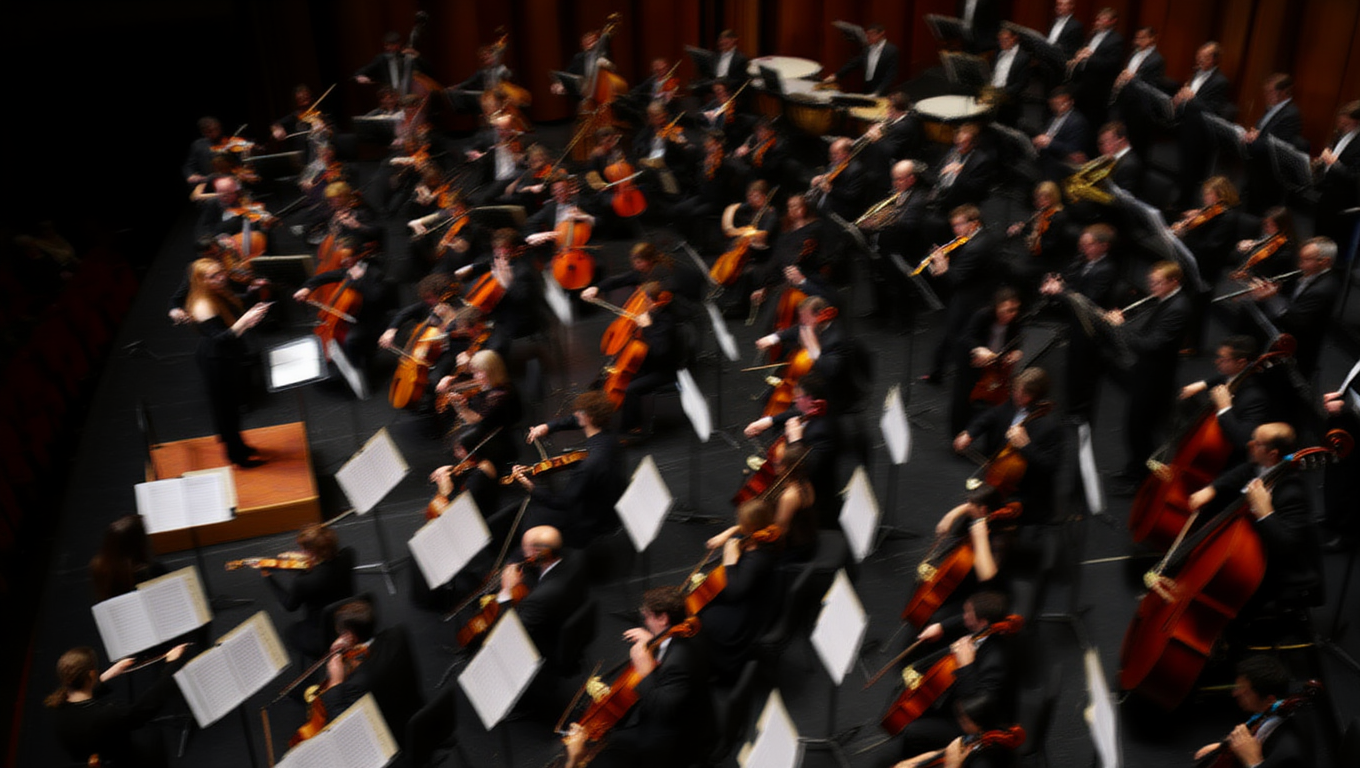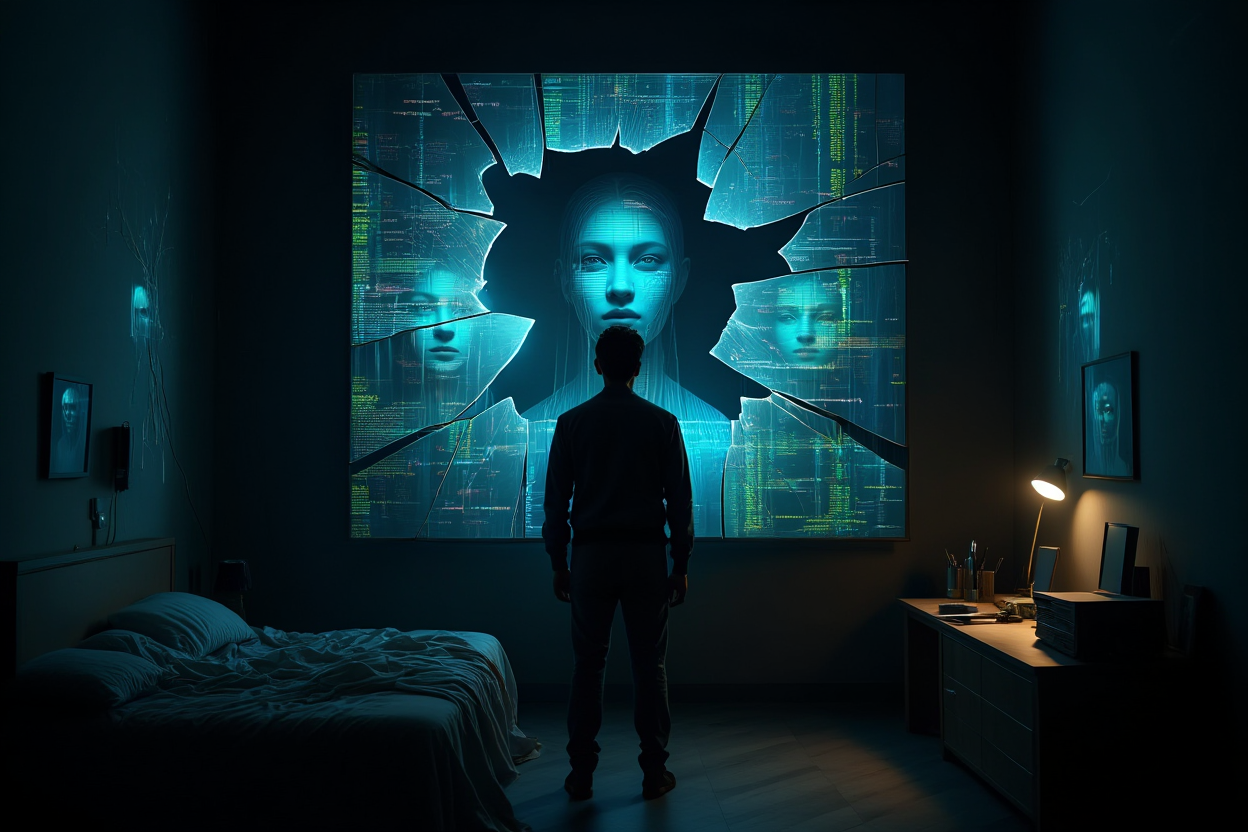**November 2022.** One button. Five days. One million users.
ChatGPT has just been born, and nobody yet knows that the world will never quite be the same again. What took Facebook 10 months, Netflix 3 and a half years, happened in less than a week.
Today, you talk to it like you’d ask for the time. 400 million people do it every week. The machine has entered our thoughts. Discreetly. Massively.
But here’s the most troubling part: this revolution rests on a discovery only eight years old. A seemingly innocuous paper. An almost bureaucratic title: _”Attention Is All You Need”_.
Its authors probably didn’t know they had just rewritten history.
**How did a technology colonize our lives in so little time? How can a machine write like Hemingway, code like a senior developer, and sometimes… understand us better than we understand ourselves?**
In this five-part series, I’m taking you on a journey to the heart of this silent revolution. No jargon. No mystification. Just clarity.
Because understanding AI is no longer a luxury.
It’s become a civic necessity.




